“Putin won in Syria,” said a “current official” to WaPo about Trump’s decision to end the program. True, but that die was cast when Obama decided — not without reason — that significant American intervention in Syria would create too many risks with too little chance of a meaningful reward. Putin won in Syria in 2013 when O toyed with bombing Assad for using chemical weapons and then bailed out after he was provided with a face-saving fig-leaf non-military option by — ta da — Vladimir Putin. That showed Russia that the U.S. didn’t have the appetite to wander into the middle of another Sunni/Shiite bloodletting so soon after Iraq, clearing the way for Russia to jump in and prop up Assad two years later.
I can be persuaded that ending the program now is good for America on its own terms, irrespective of whether Russia benefits or not. (America’s ally Jordan supports the move, per WaPo.) But this decision is a valuable f***ing thing to Moscow, to borrow a term from Rod Blagojevich. And if you have something that’s valuable to your opponent, the art of the deal should involve extracting some concessions for relinquishing it — even if you’re prepared to relinquish it anyway for your own good. So what’d we get here in return for making Putin’s and Assad’s lives easier? Anything?
Officials said the phasing out of the secret program reflects Trump’s interest in finding ways to work with Russia, which saw the anti-Assad program as an assault on its interests. The shuttering of the program is also an acknowledgment of Washington’s limited leverage and desire to remove Assad from power…
Officials said Trump made the decision to scrap the CIA program nearly a month ago, after an Oval Office meeting with CIA Director Mike Pompeo and national security adviser H.R. McMaster ahead of a July 7 meeting in Germany with Russian President Vladimir Putin…
Even those [in the Obama administration] who were skeptical about the program’s long-term value, viewed it as a key bargaining chip that could be used to wring concessions from Moscow in negotiations over Syria’s future.
We got that ceasefire in southern Syria, I guess, although (a) a ceasefire is supposed to benefit both sides on its own terms, not require additional concessions like the U.S. disarming the anti-Assad faction, and (b) the ceasefire itself is arguably a giveaway to Russia and Iran. Israel, for instance, hates it because it knows that Iran plans to set up a permanent military presence in a post-war Assad-run Syria, giving it another front on which to target Israel. The Trump administration itself is full of Iran hawks led by the president, who had to be talked into not tearing up the Iran nuclear deal by his cabinet a few days ago. What are we going to get from Moscow that’s so valuable to us that it’s worth disarming the anti-Iranian factions in Syria to get it, giving Tehran a greater opportunity to expand its influence in the region?
A good point from Noah Rothman too:
The phasing out of aid for anti-Assad rebels (presumably the indigenous Sunni-dominated factions) gives Russia and Syria the only thing they’ve ever wanted: the ability to frame the conflict in Syria as one between the regime and a handful of radicals and pariahs. A cessation of aid will squeeze the remaining moderate, secular rebel factions in Syria and compel them to seek whatever assistance they can—even at the risk of augmenting the ranks of Islamist insurgents. How that advances America’s interests is entirely unclear.
WaPo itself notes that countries like Turkey might fill the weapons vacuum on the anti-Assad side now, and they may be less discriminating than the CIA is in choosing which Sunni rebels benefit from their largesse. In what way is a decision that leads to more guns and bombs in jihadi hands an “America First” move?
I don’t understand why, if Trump was gung ho to make nice with Russia by scaling back in Syria, he turned around and bombed Assad for using sarin in April. And I really don’t understand why Nikki Haley was out there on TV afterward insisting that the U.S. can’t imagine a future for Syria where Assad’s still in charge if we’re now going to pull the plug on weapons for the rebels opposed to him. You can kinda sorta reconcile Trump’s airstrike with his decision to disarm anti-regime fighters as a way of setting bright-line parameters for Assad: We’ll acquiesce to his continued rule so long as he sticks to killing people en masse through purely conventional means. (“This move will confirm, finally, that the use of weapons of mass destruction in the battlefield is survivable,” writes Rothman.) But I don’t know how to reconcile Haley’s rhetoric with today’s news. It seems like we’re now withdrawing even token battlefield opposition to the regime, making an Assad/Iran/Russia victory that much more likely. If our position is still “Assad must go,” why do that? Is our position still “Assad must go”?
Exit question: Is this what that dinner chitchat at the G20 was about?
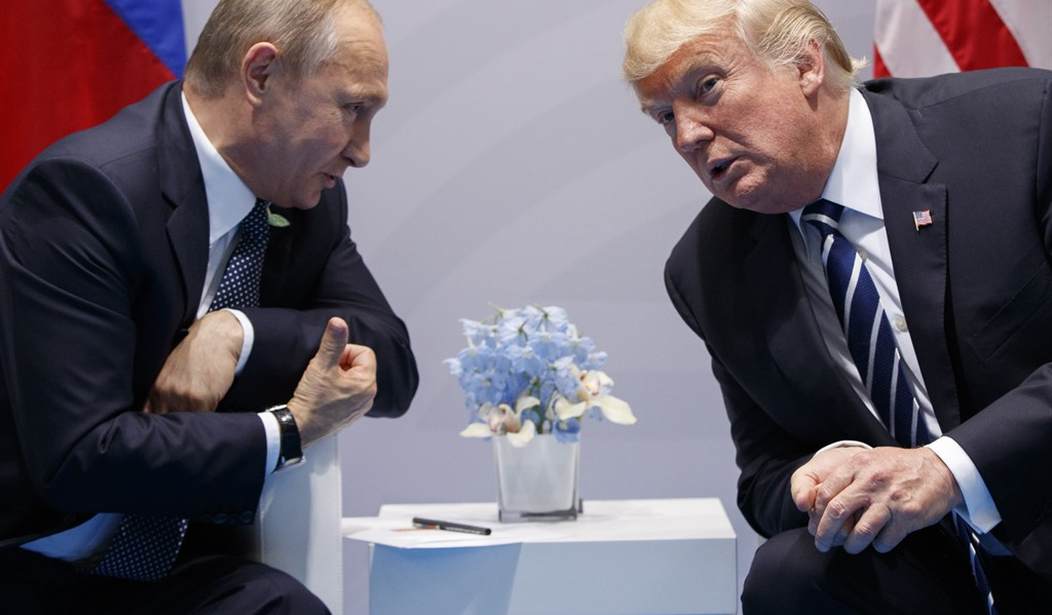


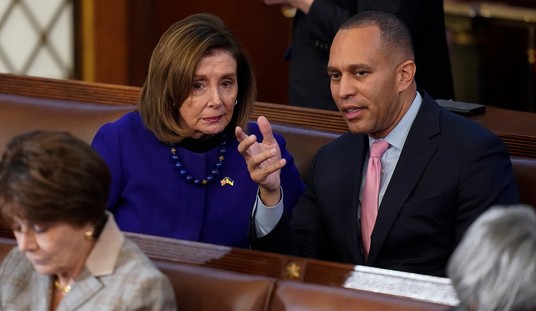
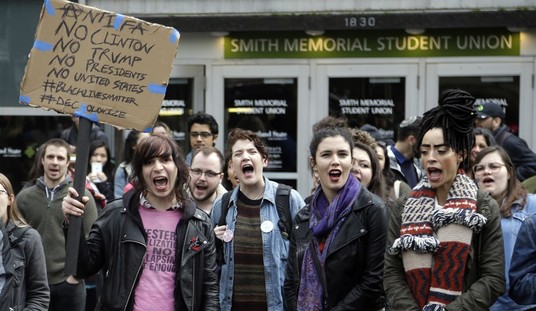

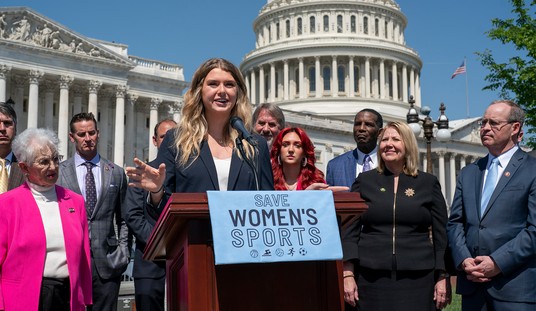
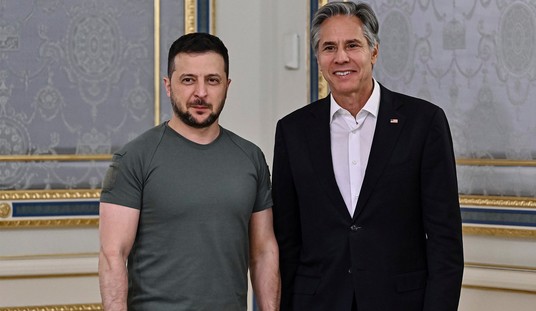
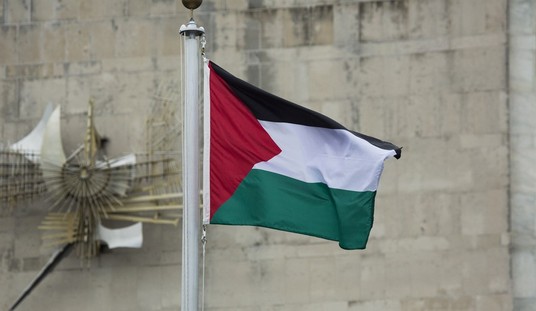
Join the conversation as a VIP Member